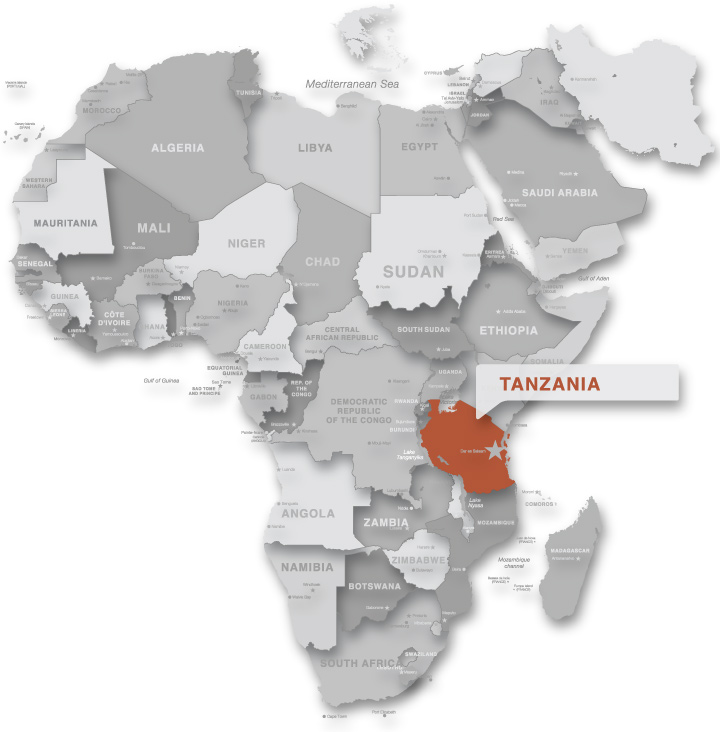Tanzania and Africa Overview
The target of the Foundation for African Empowerment (FAE) is to reach the most vulnerable children and young people including those with disabilities in many parts of Africa. Our initial activities and projects are in Tanzania.
Tanzania is a low income country faced with daunting challenges such as extreme poverty which face largest segment of the population especially those living in the rural communities. Over 60% of its population live below poverty line of less than a dollar a day and according to the United Nation’s Human Development Index (2014), Tanzania ranks 159 out of 187 countries in poverty. There has been a good economic growth of almost 7% per annum, yet only very few have benefited and the majority are still trapped in the vicious cycle of poverty. Despite emphasize to develop both rural and urban areas, there is a remarkably high inequality between rural and urban communities. Statistics show that more than 80% of the poor and extreme poor people live in the rural communities. Income and none income extreme poverty is manifested almost everywhere in the rural communities.
Tanzania branded as ‘the Soul of Africa’ is one of the most beautiful countries in Africa and the largest in East Africa. It is a multiparty democracy and the most politically stable and peaceful than many nations in Africa. Administrative wise, there is a central, regional, district, ward, village or mtaa level government. Policies are formulated at the central government and implemented at lower levels. English and Swahili are the official national languages. Unlike English, Swahili is spoken by virtually all Tanzanians and viewed as a symbol of national unity. Still, there are over 120 tribes speaking their own different languages. The major religions are Christianity, Islam and traditional beliefs. The recent total population Census of 2002 estimates the total population at 48, 261,942. Of the entire population, women are the majority forming 51% of the total population and young people are more than 60% of the total population.
Formal education system is divided into kindergarten, primary, secondary and tertiary. There are inclusive schools but due to having a lot of challenges, the mere existence of these schools does not guarantee quality education for children with disabilities. Of all children out of school, the majority are children with disabilities. By 2008, it was estimated that 80% of children with disabilities in Tanzania are out of school.
Would you like to be involved? Learn more on what you can do here or contact us now to discuss how you can be involved in the FAE’s activities!


